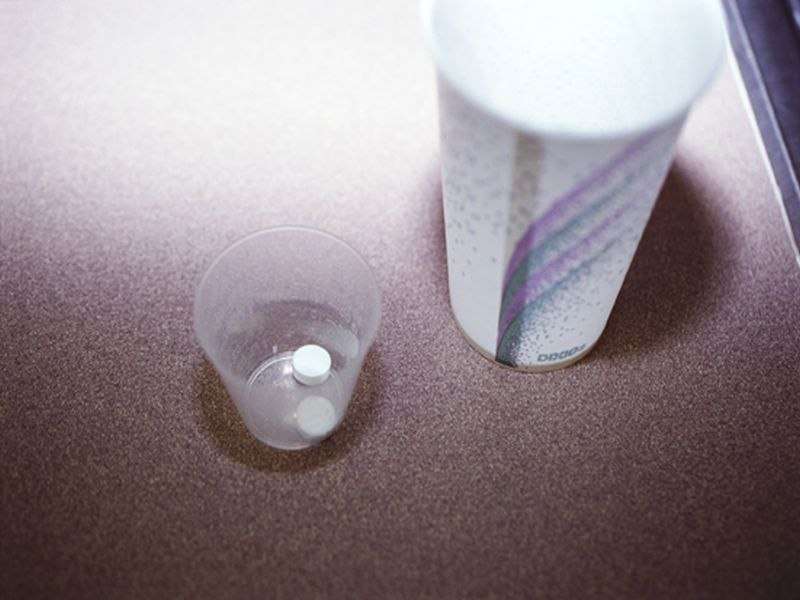Anagliptin effect on LDL in T2DM via ApoB-100 synthesis

(HealthDay)—In patients with type 2 diabetes being treated with a dipeptidyl peptidase-4 inhibitor (DPP4-I), use of anagliptin (ANA) may improve low-density lipoprotein cholesterol (LDL-C) levels, with the effect mediated, at least partly, via suppression of apoB-100 synthesis, according to a study published online Aug. 29 in the Journal of Diabetes Investigation.
Akira Kurozumi, M.D., from the University of Occupational and Environmental Health in Kitakyushu. Japan, and colleagues studied 87 patients with type 2 diabetes who had been treated with DPP4-I for eight weeks or longer and had LDL-C of 120 mg/dl or higher. Participants were switched to either 200 mg/day ANA or 25 mg/day alogliptin (ALO) for 24 weeks.
The researchers found that there was no significant difference in percent change in LDL-C level between the two groups at 24 weeks. Treatment with ANA for 12 weeks significantly decreased LDL-C levels. Treatment with ANA for 24 weeks significantly improved apolipoprotein B-100 (apoB-100) levels. The percent change in LDL-C levels at 24 weeks correlated significantly with the percent change in apoB-100 levels in the ANA group.
"The results demonstrated a tendency for a decrease in LDL-C level at 24 weeks in the ANA group, and that such improvement was mediated, at least in part, through the suppression of apoB-100 synthesis," the authors write.
One author disclosed financial ties to the pharmaceutical industry.
Copyright © 2017 HealthDay. All rights reserved.





















